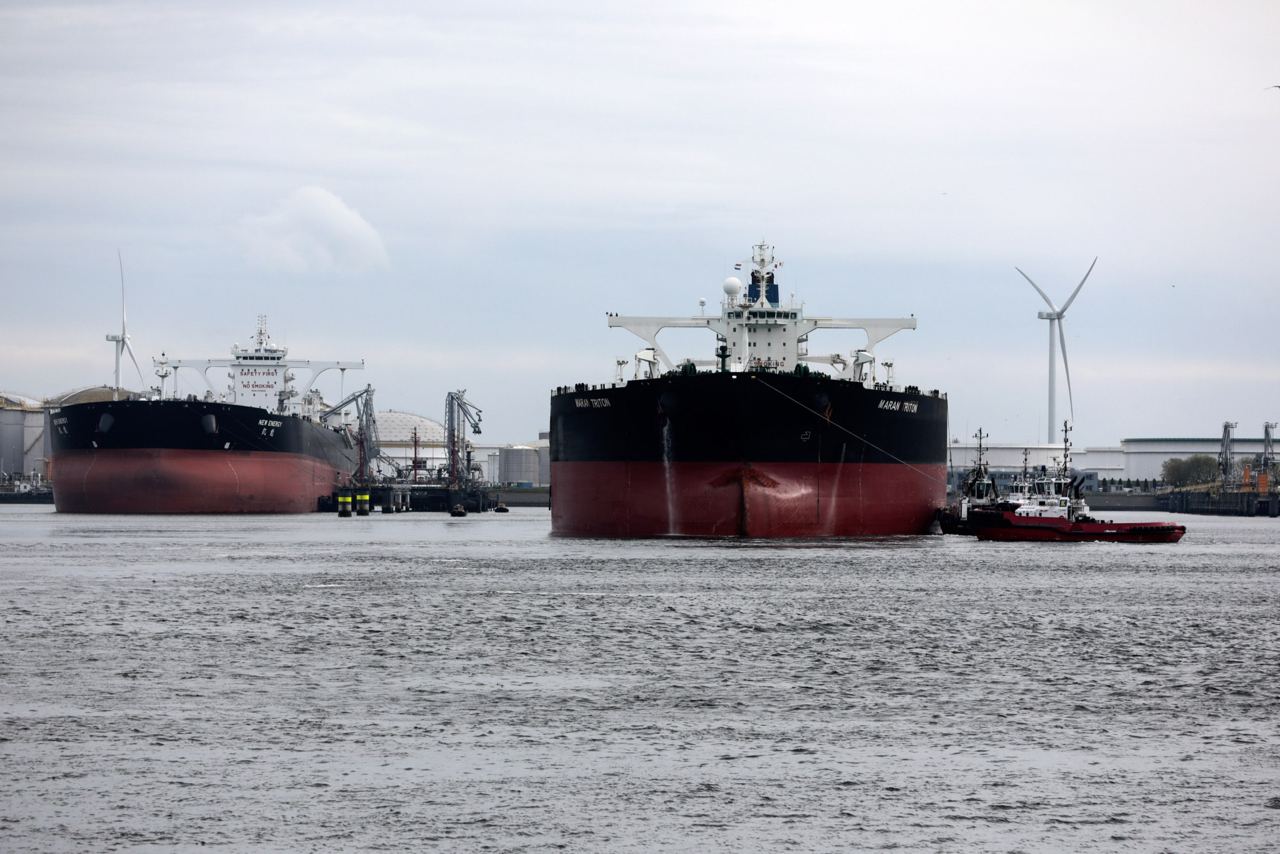Business
South Africa Overtakes Nigeria as Africa’s Top Petrol Importer Amid Refinery Woes

South Africa has officially become the continent’s largest importer of petrol, overtaking Nigeria—a development that highlights a dramatic shift in Africa’s energy trade map.
This major change is driven by contrasting developments in the two nations’ petroleum sectors. On one hand, Nigeria is cutting back its fuel imports thanks to a rapid boost in domestic refining, while South Africa is increasingly relying on fuel imports due to faltering local production.
According to a new report by energy consultancy CITAC, South Africa imported 4.2 million tonnes of petrol in the first quarter of 2025—well ahead of Nigeria’s 3.1 million tonnes. This marks a historic turning point, especially considering Nigeria’s long-standing status as Africa’s biggest fuel importer despite its immense oil reserves.
Nigeria’s Refining Rebound: A Game Changer
Much of Nigeria’s progress is attributed to the operational ramp-up of the Dangote Refinery, Africa’s largest. Since launching in late 2024, the refinery has steadily increased its output and now meets roughly 60% of the country’s petrol demand.
This development, alongside smaller modular refineries, has slashed Nigeria’s reliance on costly imports and saved the country billions in foreign exchange. The Nigerian Economic Summit Group estimates that up to $10 billion could be saved this year alone.
It’s a dramatic turnaround for a country that for decades imported most of its refined fuel due to underperforming state-owned refineries and subsidy-driven inefficiencies.
South Africa’s Refinery Struggles Deepen
In contrast, South Africa is facing mounting pressure from within. Nearly half of its domestic refining capacity remains offline, largely due to industrial incidents and years of underinvestment. Key facilities like Sapref and Engen remain shuttered, taking over 300,000 barrels per day out of circulation.
With local supply falling short, imports have become South Africa’s lifeline. Transnet, the state logistics operator, estimates that over 60% of South Africa’s fuel demand is now being met through imports.
The country’s growing dependency is underscored by a stark figure: by year-end 2025, South Africa is expected to import 15.5 million tonnes of petrol—more than double Nigeria’s projected 6.4 million tonnes.
A New Energy Era for Africa
The changing roles of South Africa and Nigeria reveal deeper shifts across Africa’s energy landscape. Countries investing in local refining are beginning to enjoy greater energy security and economic benefits. Meanwhile, those lagging behind are becoming increasingly vulnerable to global price shocks and supply chain bottlenecks.
For South Africa, the challenge is clear: without urgent investment in domestic refining, the country risks long-term overdependence on foreign fuel.
As Nigeria demonstrates, turning inward and building refining resilience can quickly flip the script—and reshape the continent’s energy future.
{Source: Business Insider Africa}
Follow Joburg ETC on Facebook, Twitter , TikTok and Instagram
For more News in Johannesburg, visit joburgetc.com















